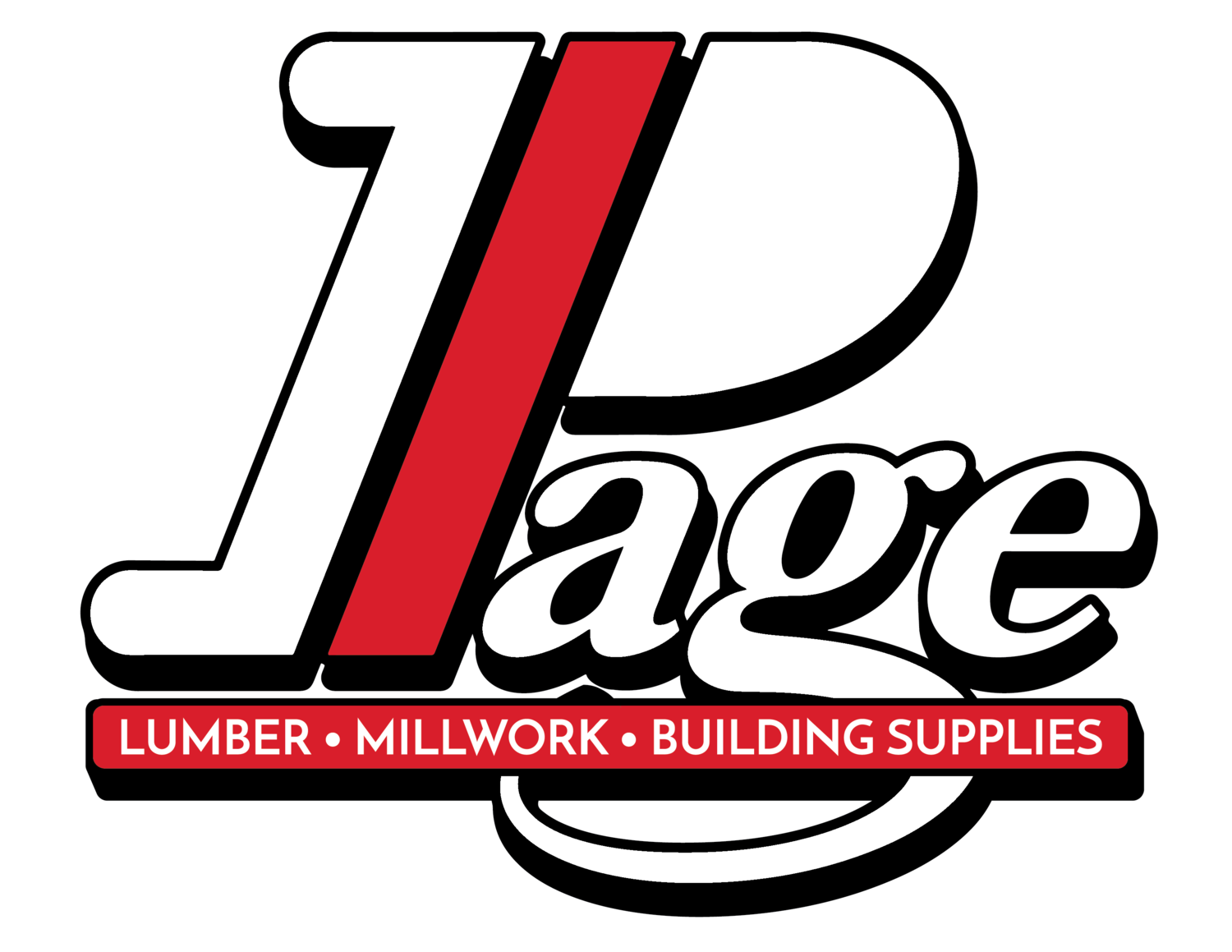
Drywall Panels
Explore Drywall: The Essential Building Material for Modern Construction
Drywall Brands
When choosing the correct drywall for your construction or renovation project, familiarizing yourself with the different brands available makes a huge difference. Each brand offers products with features tailored to different needs, from enhancing fire resistance to preventing moisture buildup. Here's an overview:
Fire-Rated Drywall
Fire-rated drywall is designed to resist the spread of fire, providing an added layer of safety in residential and commercial buildings. Its core is reinforced with fire-retardant materials, offering superior protection compared to standard drywall.
Hardiebacker® Cement Board
Ideal for wet areas like bathrooms and kitchens, the Hardiebacker® cement board is known for its superior moisture resistance. It provides a solid, durable surface for tile installations and greatly reduces the risk of mold and warping.
Mold and Moisture Drywall
As the name suggests, mold-and-moisture-resistant drywall is engineered to resist mold and moisture. It's an excellent choice for areas prone to dampness like basements and bathrooms, ensuring walls stay dry and healthy over time.
Georgia Pacific (GP) Densglass Sheathing
This fiberglass mat gypsum sheathing is renowned for its robust moisture and mold resistance. GP Densglass, with its well recognized yellow exterior color, is often used as an exterior barrier, providing additional protection against the elements for wall systems.
Each of these brands brings something unique to the table. Whether you’re looking for standard drywall for a simple renovation or a more specialized drywall product like Fire-Rated Drywall or Hardiebacker® cement board for specific applications, hgpage.com has a wide selection to meet your needs. Visit us online today or contact our team for all your home building and designing needs.
Regular Drywall
This is the most commonly used type of drywall due to its versatility and affordability. Regular drywall is perfect for most interior walls and ceilings, providing a smooth, paintable surface that is easy to install and finish.
USG Durock
A brand known for its cement boards, USG Durock products are built to endure the harshest conditions. They offer exceptional strength, durability and moisture resistance, making them suitable for interior and exterior projects.
Mold Resistant Shaftwall Liner
Mold-resistant shaftwall liner offers unparalleled protection for high-rise buildings and commercial construction. It's designed to provide superior fire and mold growth resistance and sound insulation in shafts and stairwells.
Materials and Composition of Drywall Panels
Gypsum, a naturally occurring mineral, is the primary material in drywall panels. It is mixed with water and additives to form a slurry, which is then spread between two sheets of heavyweight paper and allowed to harden. The result is a sturdy panel that is lightweight but durable. For decades, it’s been the preferred choice for interior construction and a fundamental part of the building process.
To cater to different building needs, manufacturers might add fiberglass or other materials to the gypsum core for enhanced properties like moisture resistance or fire retardation. This compositional flexibility means that there's likely a drywall product available to meet the specifications of nearly any project based on need.
Various Sizes and Types of Drywall Panels
Drywall panels come in several thicknesses, the most common being 1/2-inch standard drywall, suitable for most interior walls. Thicker panels — such as 5/8-inch — might be used for areas requiring more soundproofing or fire resistance.
Besides drywall product thickness, there are also specialized types of drywall designed for specific environments:
● Fire-Rated Drywall: Enhanced with fire-retardant materials
● Mold and Moisture Resistant Drywall: Ideal for bathrooms and basements where moisture is prevalent
● Regular Drywall: The most standard form, utilized for general applications
The dimensions of drywall sheets also vary, with lengths typically ranging from 8 feet to 16 feet. This variation allows for flexibility in design and minimizes the number of joints, enabling a smooth finish ready for paint and/or texture.
Frequently Asked Questions
-
A drywall panel, also known as gypsum board or plasterboard, is a construction material used for creating walls and ceilings. It consists of a layer of gypsum plaster pressed between two thick sheets of paper. Drywall panels are widely used in building projects due to their quick installation and relatively low cost. Once finished, they provide a smooth, paintable surface.
-
Sheetrock and wallboard are terms often used interchangeably in construction and renovation, referring to materials used to build interior walls and ceilings.
However, Sheetrock is actually a brand name owned by the US Gypsum Company. Wallboard is a generic term for similar construction panels made of gypsum plaster pressed between two thick sheets of paper.
The primary difference is that Sheetrock refers to a specific brand's products. In contrast, wallboard is a general term that can include Sheetrock, among other brands and types of gypsum-based panels.
-
Drywall sheets typically come in 4-foot-wide sizes, with lengths varying from 8 feet to 16 feet. The most common thicknesses are 1/4 inch, 1/2 inch, and 5/8 inch. These dimensions allow for ease of installation and the ability to meet a variety of room sizes and configurations.
-
Caring for drywall panels is crucial to preserving their appearance and structural integrity over time. Regular cleaning and inspections can prevent minor issues from becoming larger problems, ensuring the longevity of the installed drywall.
